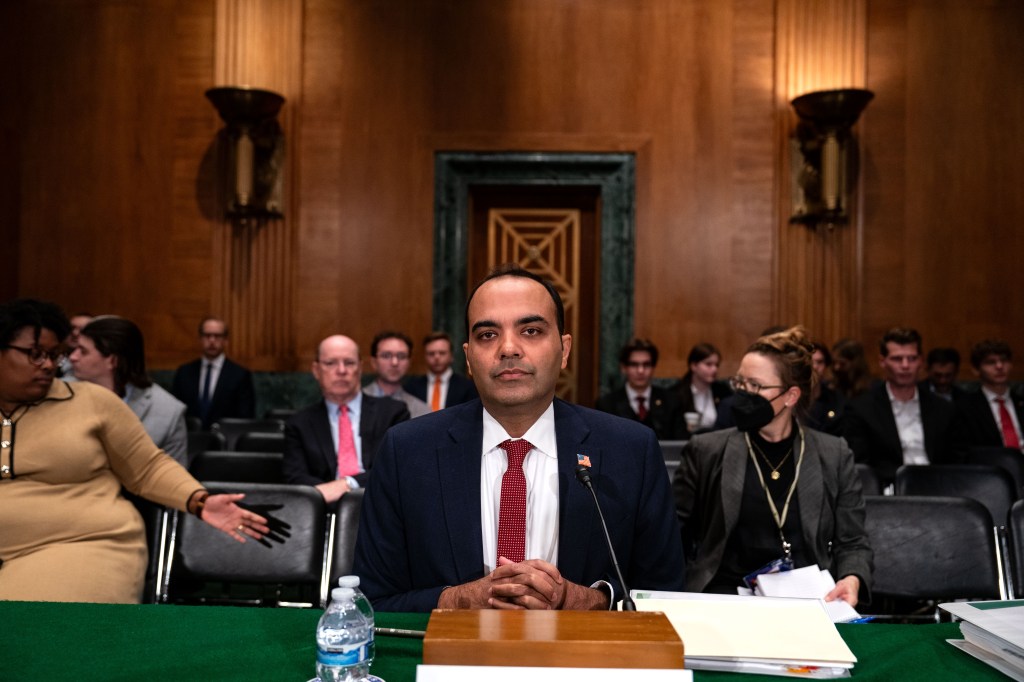The SEC said on Friday that it is dismissing 42 enforcement cases after finding that some of its employees improperly accessed legal records that should have been walled off from them.
The dismissals involve enforcement cases pending in the SEC’s in-house courts, with the agency saying enforcement staff gained improper access to materials meant only for commission officials ruling on those cases.
The move follows a broad review of records access that began last year, after the SEC disclosed that clerical staff downloaded legal memos they were not supposed to see relating to two cases – with those cases seeking to challenge the legality of SEC in-house proceedings themselves.
Lapse in controls
“We deeply regret that the agency’s internal systems lacked sufficient safeguards surrounding access,” the commission said in a statement. “We take this lapse in controls very seriously and are committed to both informing the public about the scope of this issue and preventing any similar lapses in the future,” it said.
The SEC said that its review team found no evidence that any enforcement staff assigned to investigate and prosecute any of the affected matters accessed any case-specific adjudication memoranda before the SEC approved the action recommended in those memoranda.
Administrative courts
The SEC and Federal Trade Commission have their own in-house court systems for hearing and deciding claims of rules violations that regulators make against businesses and sometimes individuals. Judges oversee these court hearings and make initial decisions that can be reviewed by the agency’s commissioners.
The SEC has pursued most of its enforcement cases in-house rather than in federal court, using the authority it obtained through the 2010 Dodd-Frank law.
Several lawsuits have challenged the constitutionality of the venue and whether defendants should be allowed to fight their charges in a federal court.
Critics of these in-house tribunals say this deprives defendants of protections they enjoy in federal court, such as the ability to take depositions, plus gives the agency unfettered authority to choose the judicial forum, and grants SEC law judges job protections that make it nearly impossible to remove them.













